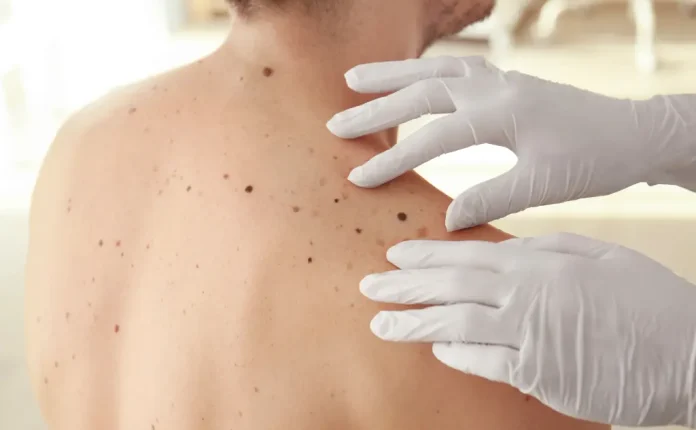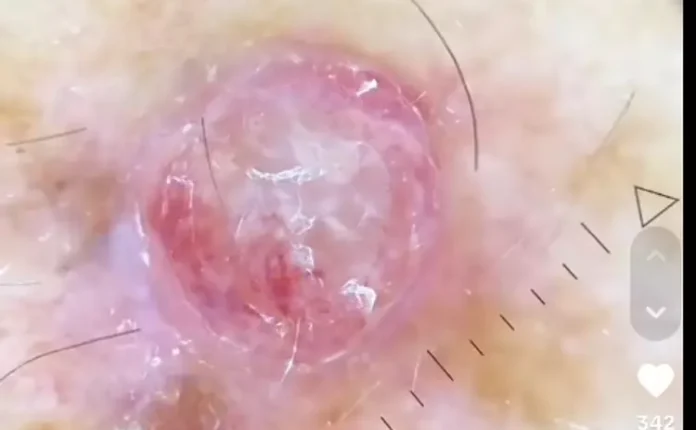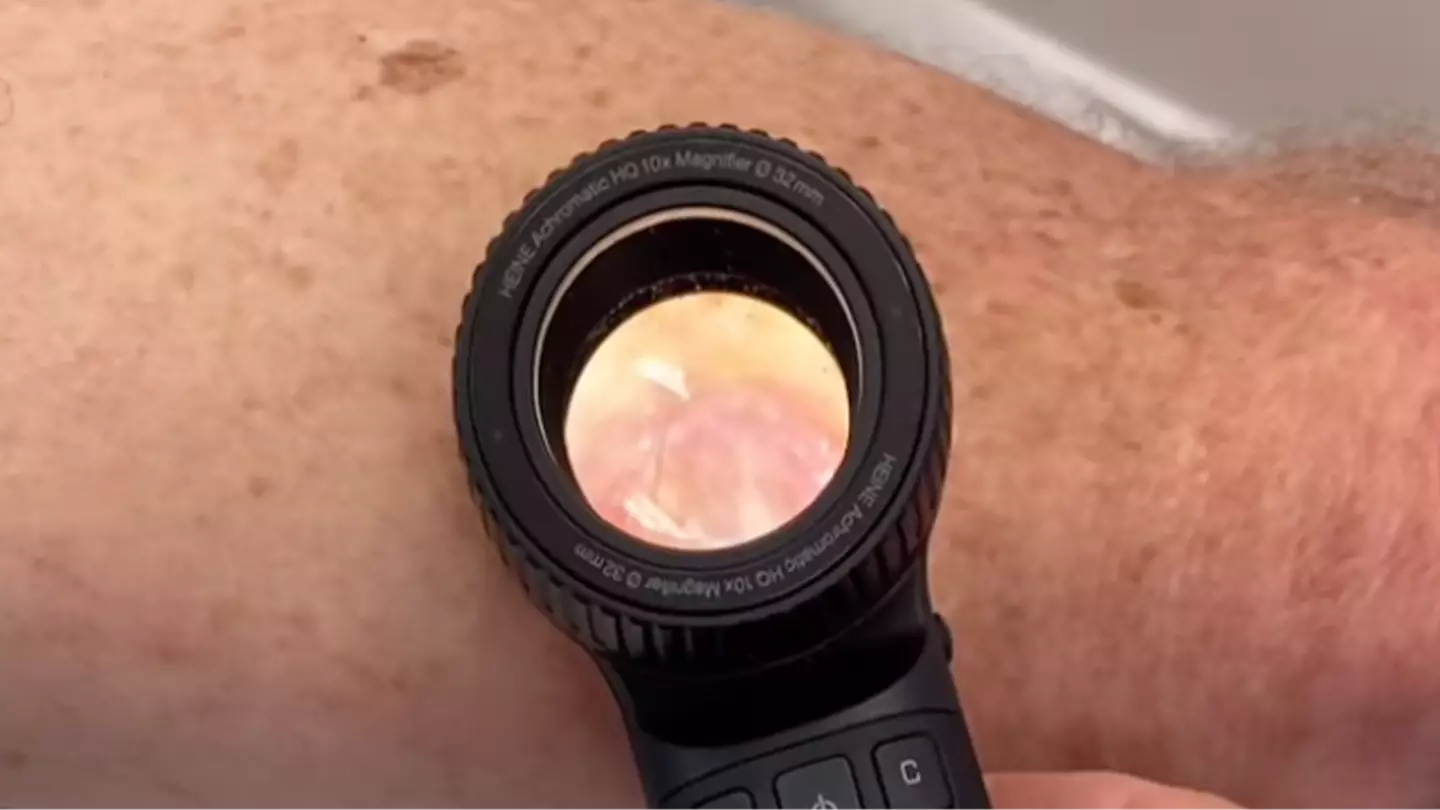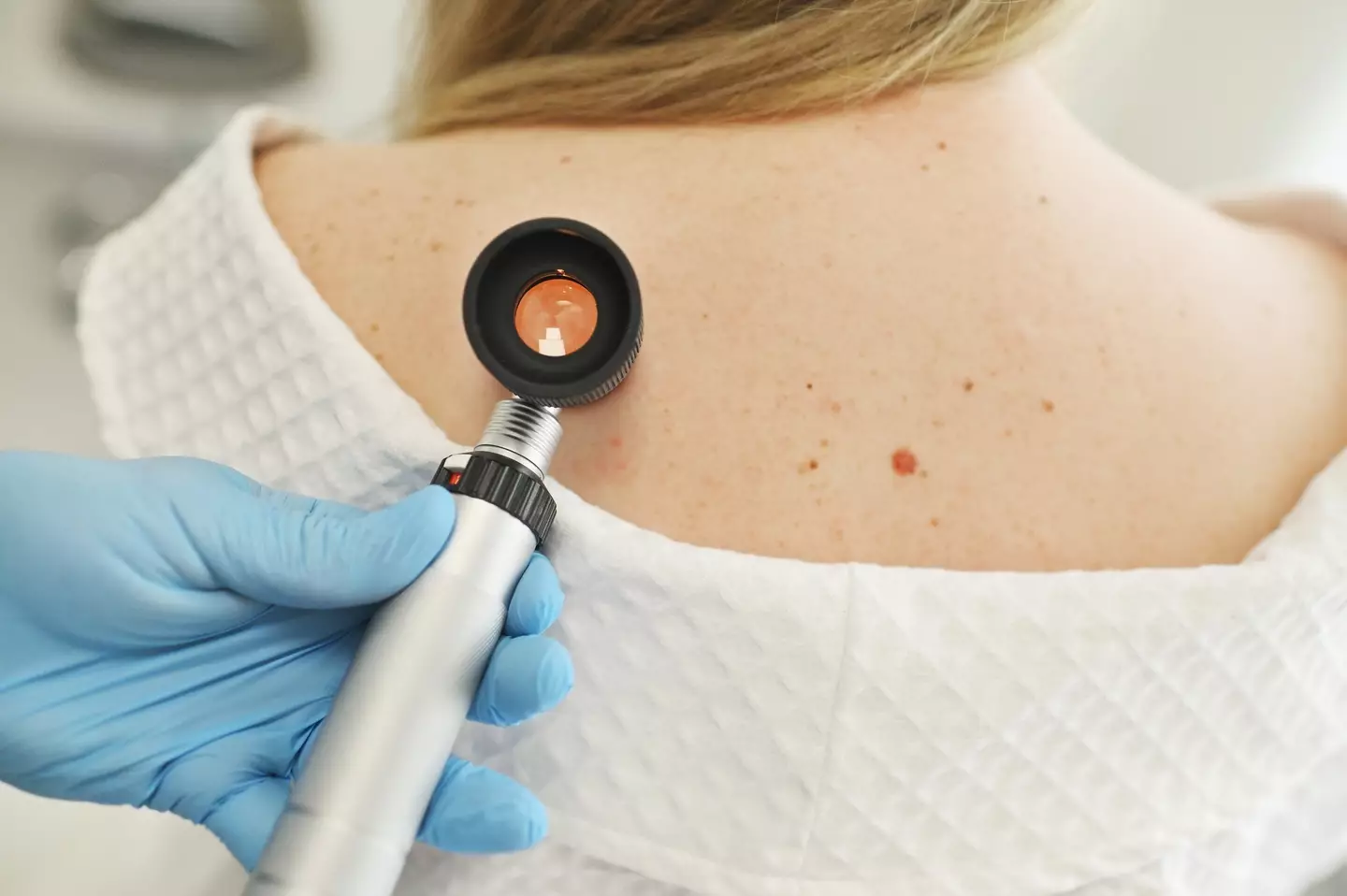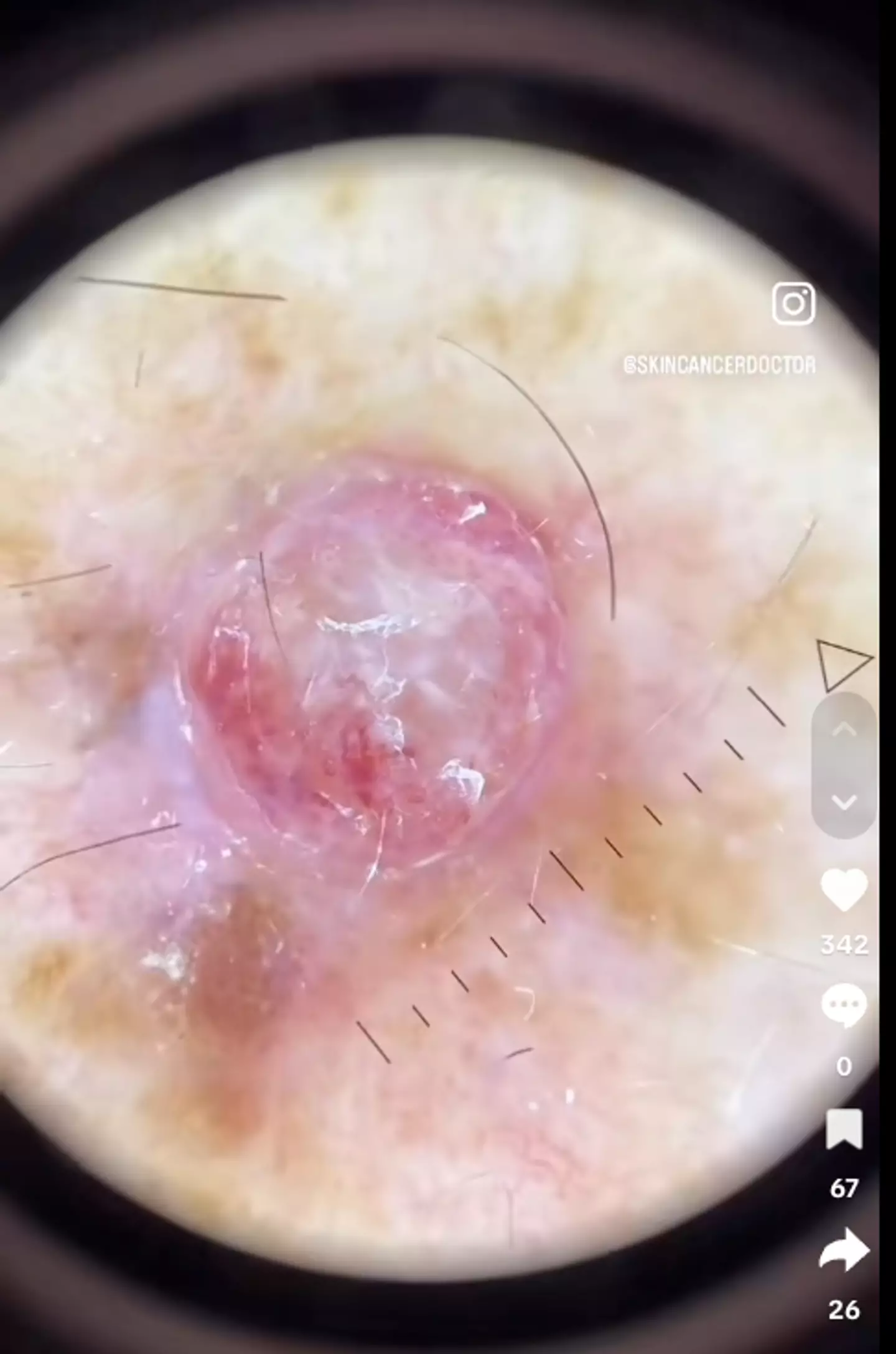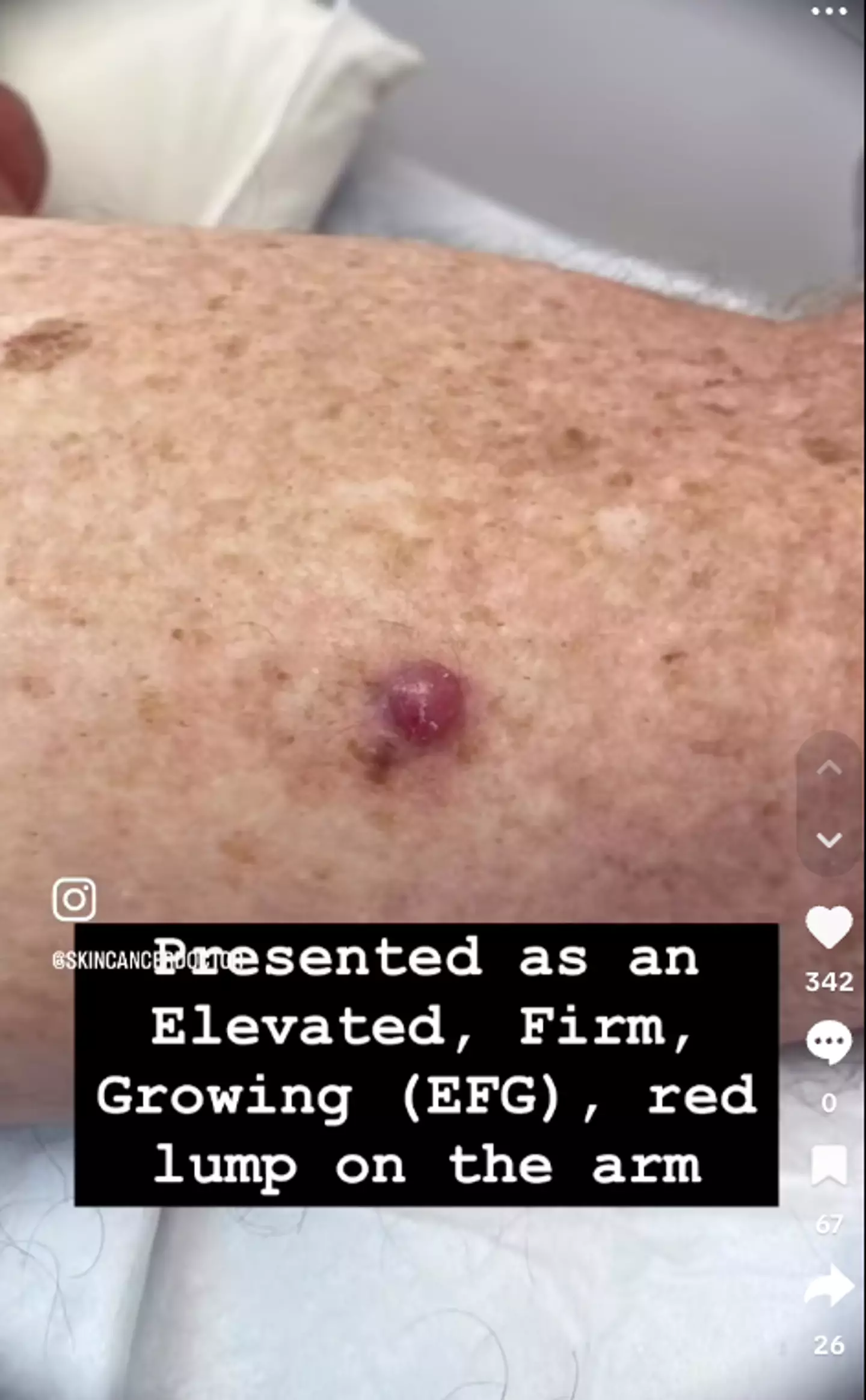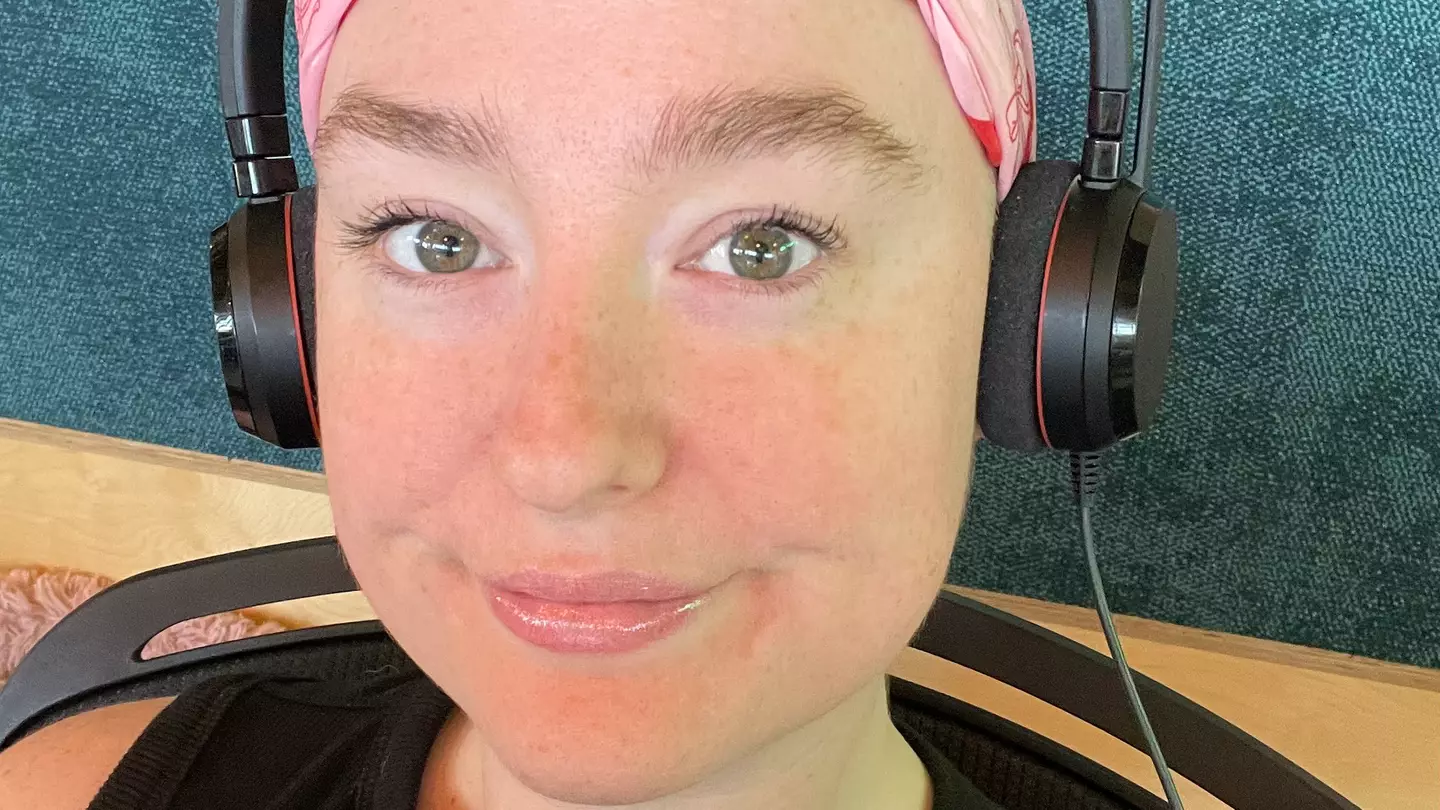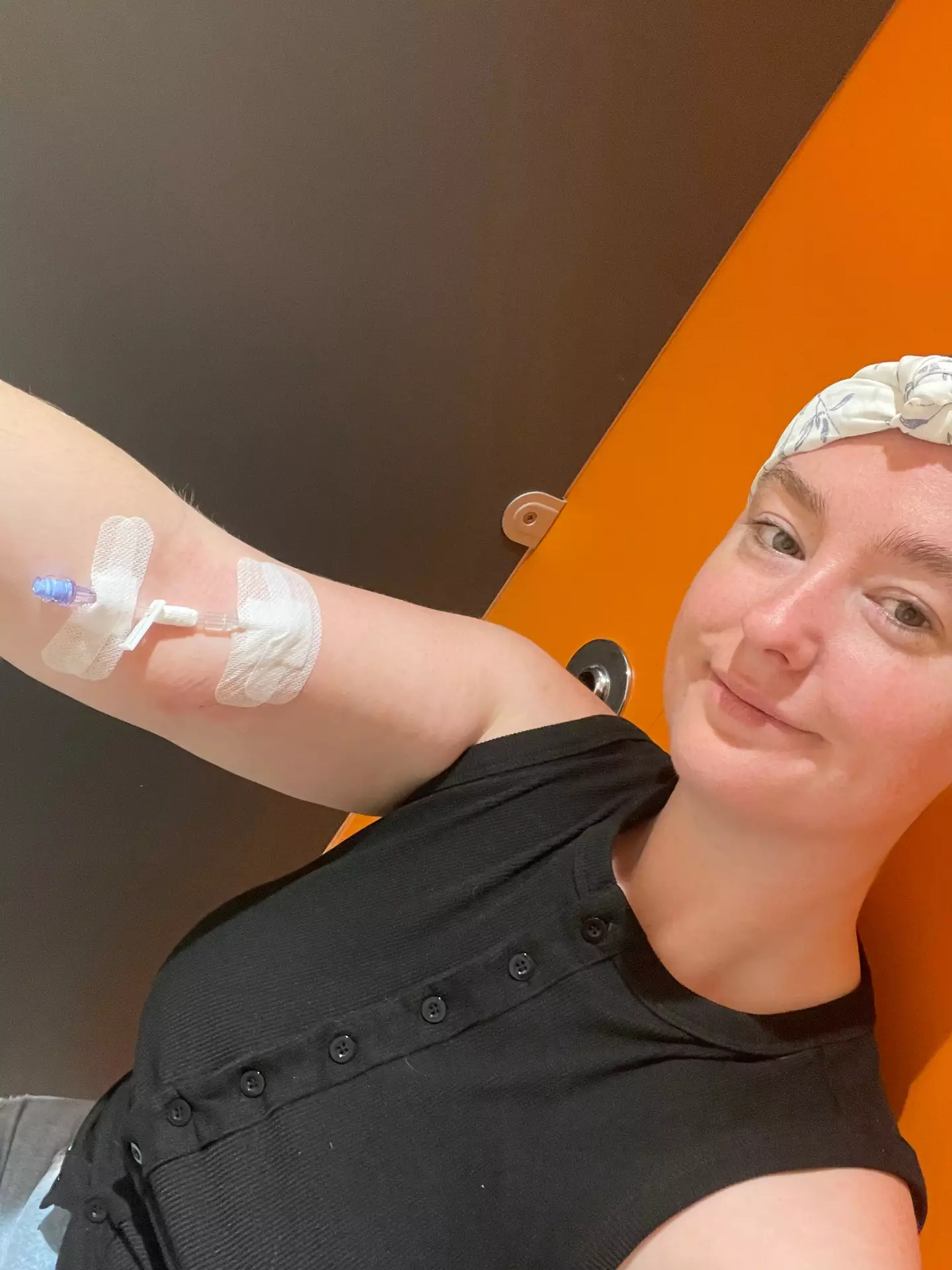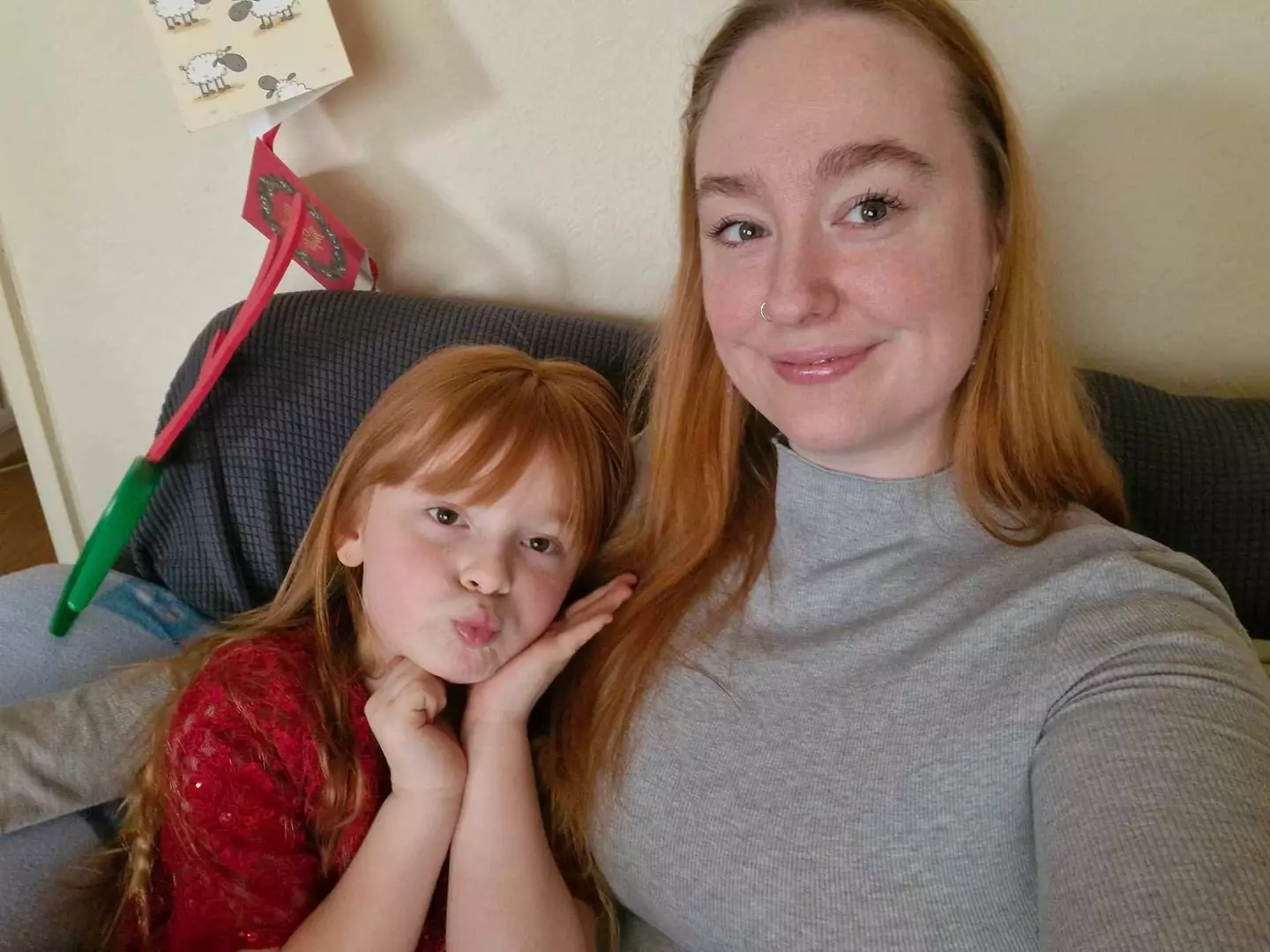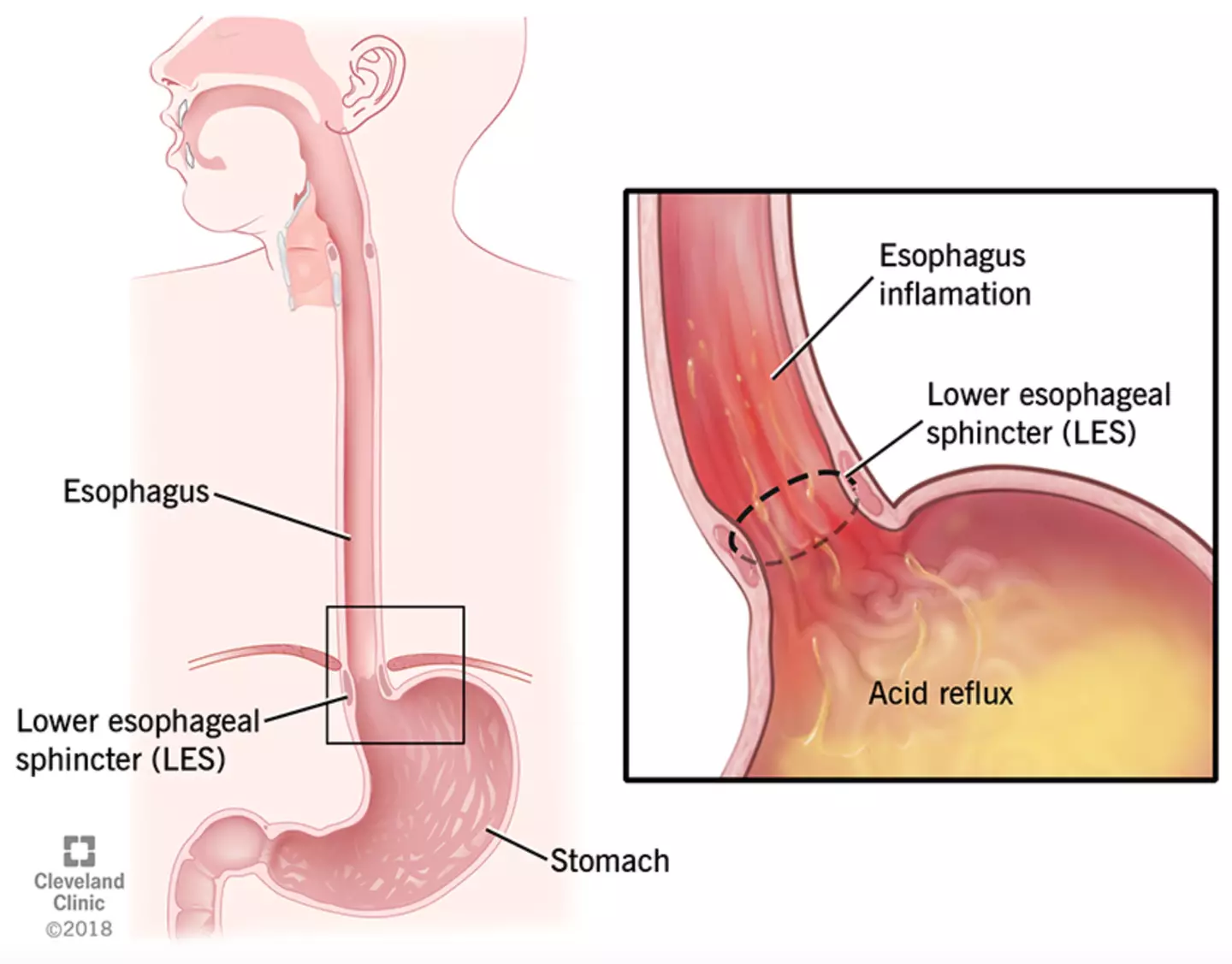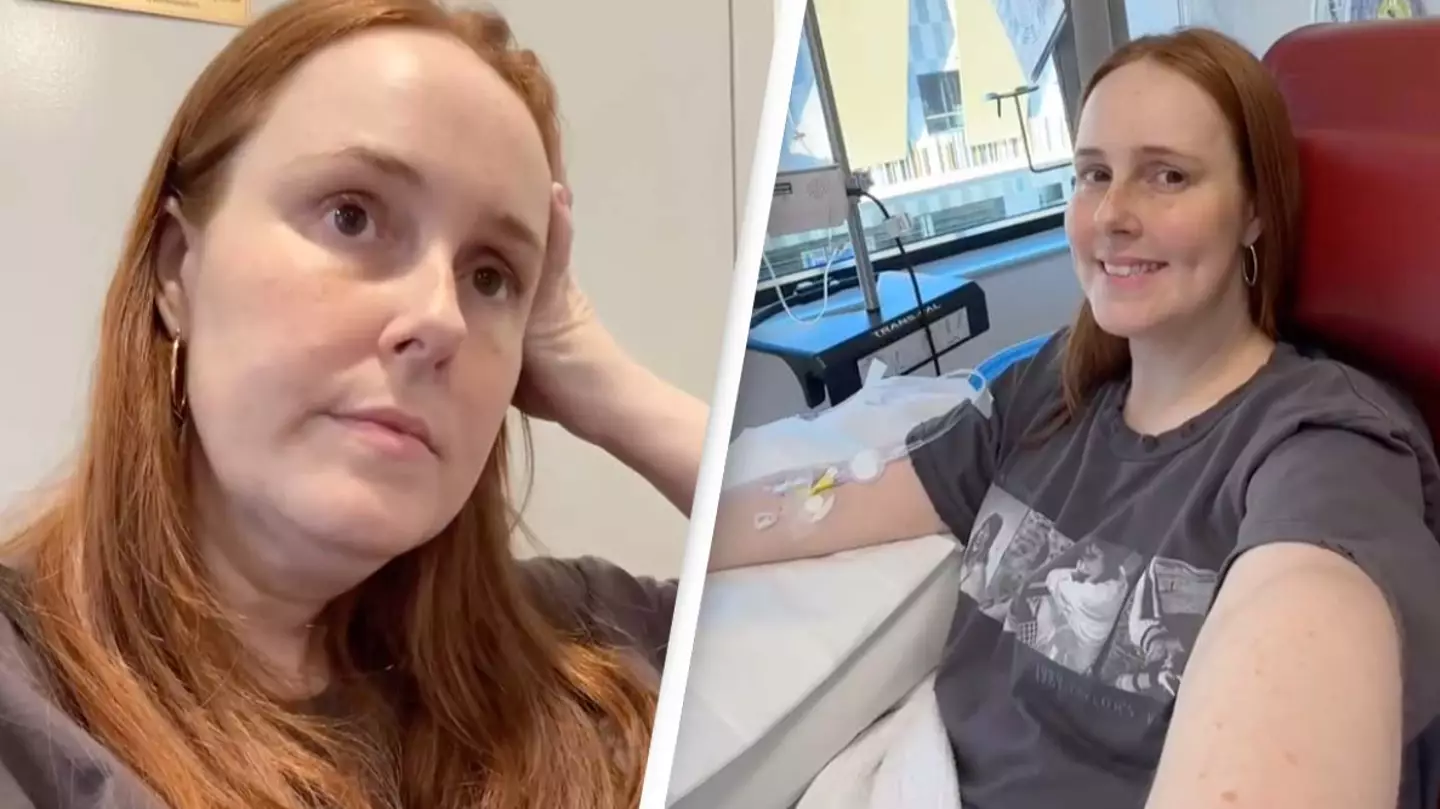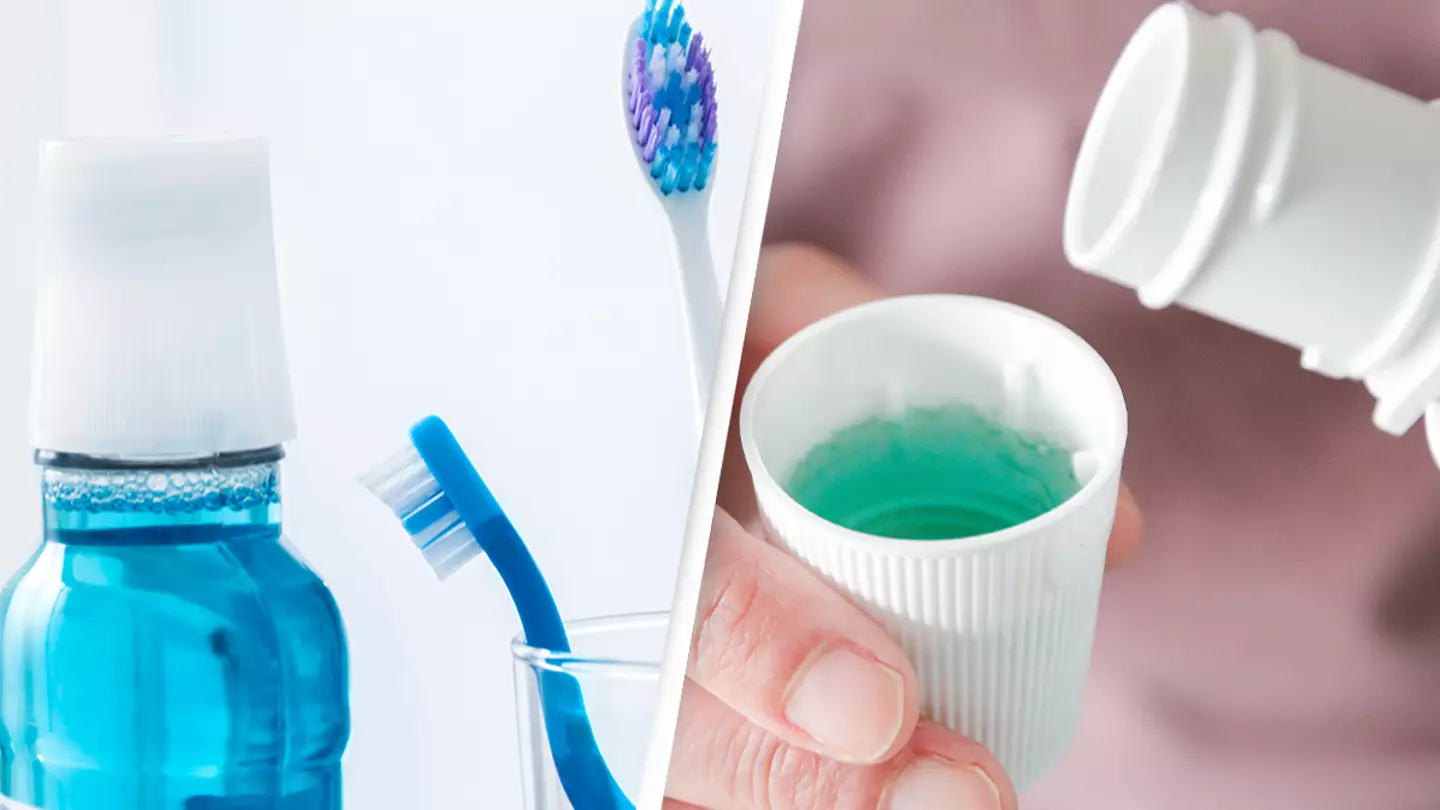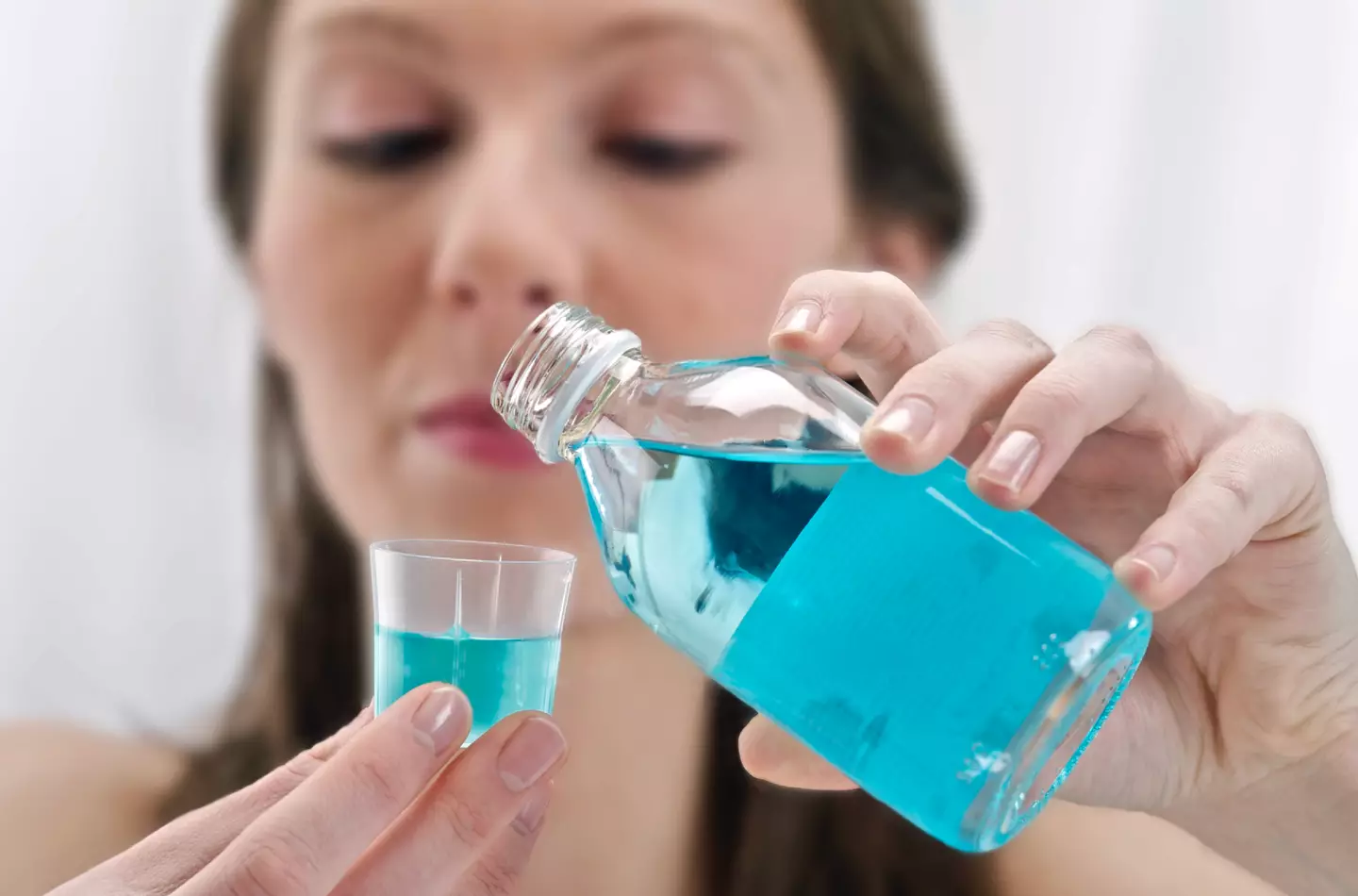What to know about dangerous ‘black tumor’ cancer as Kelly Clarkson’s ex-husband Brandon Blackstock dies at 48
Kelly Clarkson‘s ex-husband, talent manager Brandon Blackstock, has died after a three-year private battle with melanoma. He was 48.
“It is with great sadness that we share the news that Brandon Blackstock has passed away,” Blackstock’s management company, Starstruck, said in a statement on Aug. 7, 2025.
“Brandon bravely battled cancer for more than three years,” the statement continued. “He passed away peacefully and was surrounded by family.”
The Post tapped two experts for insight into melanoma, the most dangerous form of skin cancer. Known as “black tumor,” melanoma sends about 8,000 Americans to the grave each year — here’s what you can do to avoid becoming one of them.
What makes melanoma so dangerous?
“Many skin cancers — for example, basal cell carcinoma — grow only on the skin and do not commonly spread,” Dr. Viktoryia Kazlouskaya, CEO of the Dermatology Circle, told The Post.
Melanoma, meanwhile, is a whole different beast.
“Melanoma is considered the most dangerous type of skin cancer because it has a high potential to spread (metastasize) to other parts of the body if not detected and treated early,” said Dr. Adarsh Vijay Mudgil, a dermatologist.
This is because melanoma cells act differently than other skin cancer cells, quickly spreading to other organs and tissues via the bloodstream and lymphatic system, Mudgil explained.
The risk of melanoma spreading depends on several factors, Kazlouskaya added, including the size and stage of the tumor, the patient’s age and other medical conditions they might have, such as a suppressed immune system.
”These are all a direct result of my melanoma,” she shared via Instagram in March. Since then, doctors have also found tumors in her lungs.
What does melanoma look like?
“Melanomas can appear as a new mole, a changing mole or a spot with an irregular shape, border or color, often with shades of brown, black, or even pink, red or white,” Mudgil said.
“Things to look for are the ‘ABCDE’s’ of melanoma — asymmetry, border irregularity, color variability, diameter greater than 6 mm (which is the size of a pencil eraser), and last, evolution of an existing mole to exhibit any of the aforementioned qualities,” he recommended.
While it’s helpful to keep an eye on your skin for any changes, Kazlouskaya pointed out that in many cases, you’ll need a professional to evaluate suspicious spots.
“Many common moles can be large or slightly irregular but are not dangerous,” she said. “And vice versa — melanomas are not always very atypical and sometimes don’t even have pigment.”
Who’s at risk for melanoma?
“Melanoma can affect folks of all skin colors and ethnicities,” Mudgil said.
However, lighter skin significantly raises your chances of developing the disease. In fact, the lifetime risk of getting melanoma is 1 in 33 for white people, compared to just 1 in 1,000 for black people, according to the American Cancer Society.
This is because lighter skin contains less melanin, the pigment that protects against UV damage. Among those with lighter skin, the risk is especially higher for people with red or blond hair, blue or green eyes or skin that freckles or burns easily.
The risk of melanoma also increases with age. The average age of Americans diagnosed is 66, but it’s one of the most common cancers in people under 30 — especially young women.
Other risk factors include being male, having several moles, a personal or family history of the disease and a history of blistering sunburns, particularly in childhood. People who spend a lot of time outdoors may also face higher risk due to increased sun exposure.
How can I protect myself from melanoma?
Most skin cancers are caused by too much exposure to ultraviolet rays.
To lower your risk of melanoma, it’s essential to be mindful of how much UV exposure you’re getting.
“Daily sunscreen and protective clothing when the sun is extreme are simple prevention measures,” Kazlouskaya said.
The sun’s rays are strongest between 10 a.m. and 4 p.m., so try to avoid being outside during these hours or stay in the shade.
But don’t be fooled by cloudy or cool days — UV rays can still reach you, and they reflect off surfaces like water, cement and snow.
That’s why you should wear a broad-spectrum sunscreen with an SPF of 30 or higher every day, no matter the weather.
And never, ever step foot in an indoor tanning bed. They emit harmful UV radiation, and studies show that using one before the age of 35 can increase your risk of melanoma by up to 75%.
Finally, prevention is key.
“Yearly skin checks and self-exams may help detect a suspicious spot early on,” Kazlouskaya said.
What are my odds of surviving melanoma?
“Melanoma is among the ‘deadliest’ cancers we know.” Kazlouskaya said. The key to successful treatment is early detection.
“The earlier we catch it, the better,” she explained. “At early stages, it can often be cured with just a simple excision and has a wonderful prognosis.”
But once the cancer spreads, those odds change dramatically.
In cases where melanoma hasn’t spread beyond the skin, 99 out of 100 patients will survive for five years after diagnosis, according to the ACS.
That number drops significantly to just 35 out of 100 patients when the cancer has spread to distant parts of the body, like the lungs or liver.
In 2025, the ACS estimates that around 104,960 new melanoma cases will be diagnosed in the US, with approximately 8,430 Americans expected to die from the disease.
“If you see something unusual on your skin, get in to see a board certified dermatologist ASAP!” Mudgil said.
